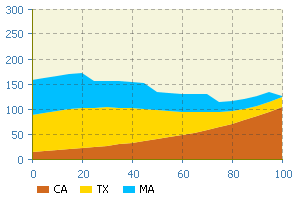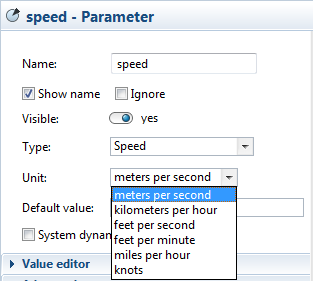

© XJ Technologies Simulation Modeling with AnyLogic: Agent Based, Discrete Event and System Dynamics MethodsĪnd so on. As you can see, the results appear to be random and more or less consistent with your observations. To explore the function triangular() more thoroughly you can call it very many times and build a histogram of the results distribution. The histogram will look like the one in the Figure. Probability distributions Suppose you are modeling a business process in a bank, in particular the operation of opening a new bank account. You know from your observations that it takes a minimum of 10 minutes, most likely 20 minutes, and a maximum 40 minutes, but you did not bother to make serious measurements. How do you model the delay time associated with this operation? AnyLogic offers you a set of probability distribution functions that will return random values distributed according to various laws each time you call them. For the purposes of this example we can use the function triangular( min, mode, max ) with these parameters: triangular( 10, 20, 40 )

This chapter describes possible ways to create sources of randomness in the model namely the probability distributions, the random number generators and where and how you can use them in different kinds of models. The related topics of how to design experiments with a stochastic model and how to analyze the output of stochastic models are addressed in the sections on experiment design and output analysis. Uncertainty is an essential part of reality and a simulation model has to address it to reflect this reality correctly. The only way of doing that is to incorporate randomness into the model, i.e. include the points that would give random results each time you pass them during the model execution.

Randomness in AnyLogic models The world we live in is non‐deterministic. If today it took you 35 minutes to get to work, tomorrow it may be an hour, so when you set off in the morning you never know exactly how long it will take. You may know that on Friday evening on average 30 people come to your restaurant for dinner, but the time the first customer comes in tells you nothing about when you should expect the next one. John Smith who works for you as a salesman may have excellent skills, but when he is dealing with a particular prospect you never know for sure if he will be able to close the deal. When your company starts a new R&D project, you always hope it will bring you revenue in the end, but you always know it can fail. If you contact a person with flu you can get infected or you can successfully resist it. You are alive today, but nobody knows if you will be alive tomorrow. Simulation Modeling with AnyLogic: Agent Based, Discrete Event and System Dynamics Methods


 0 kommentar(er)
0 kommentar(er)
